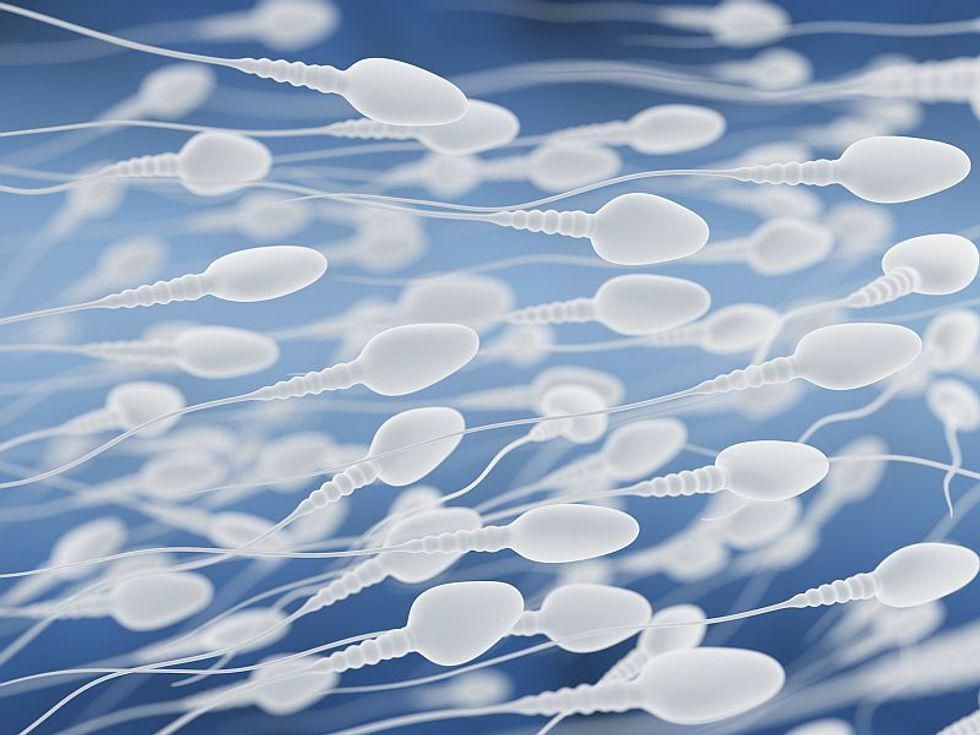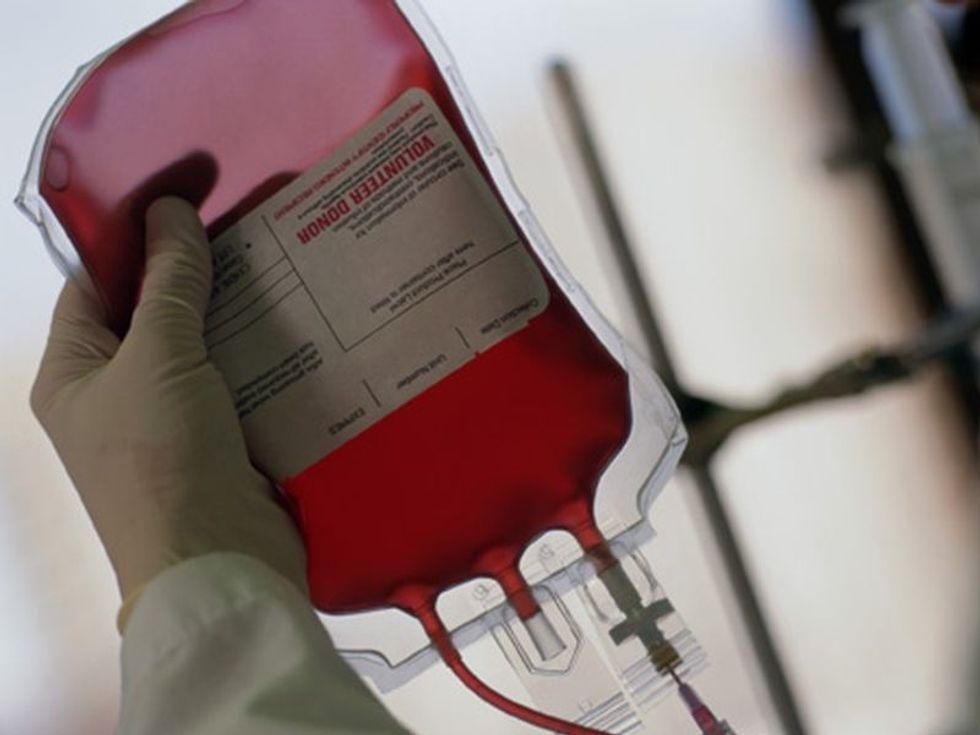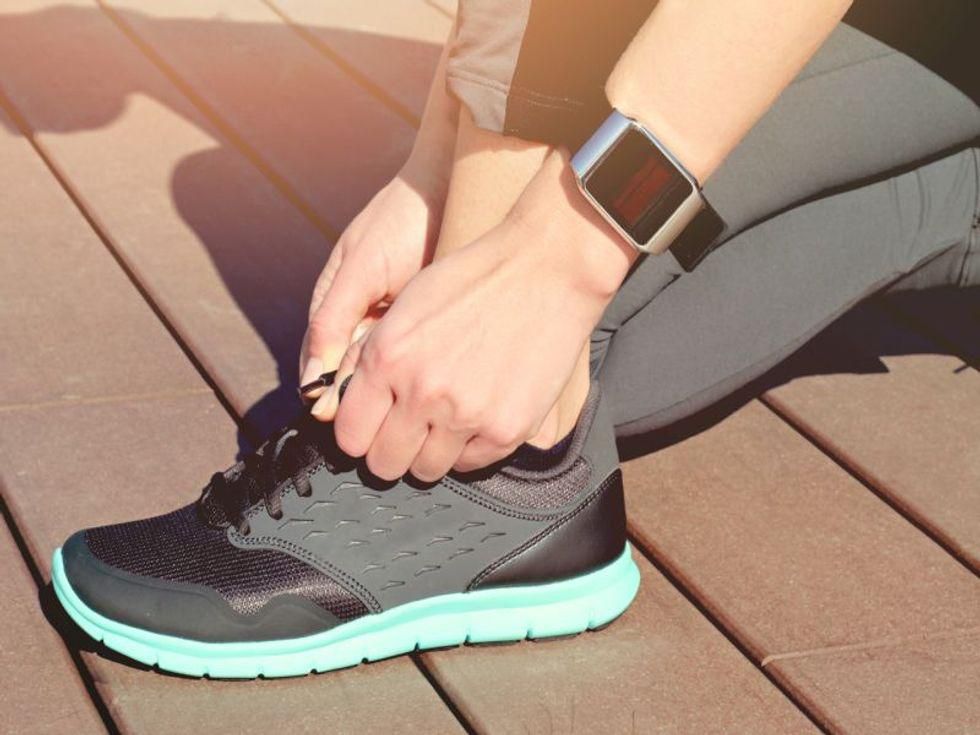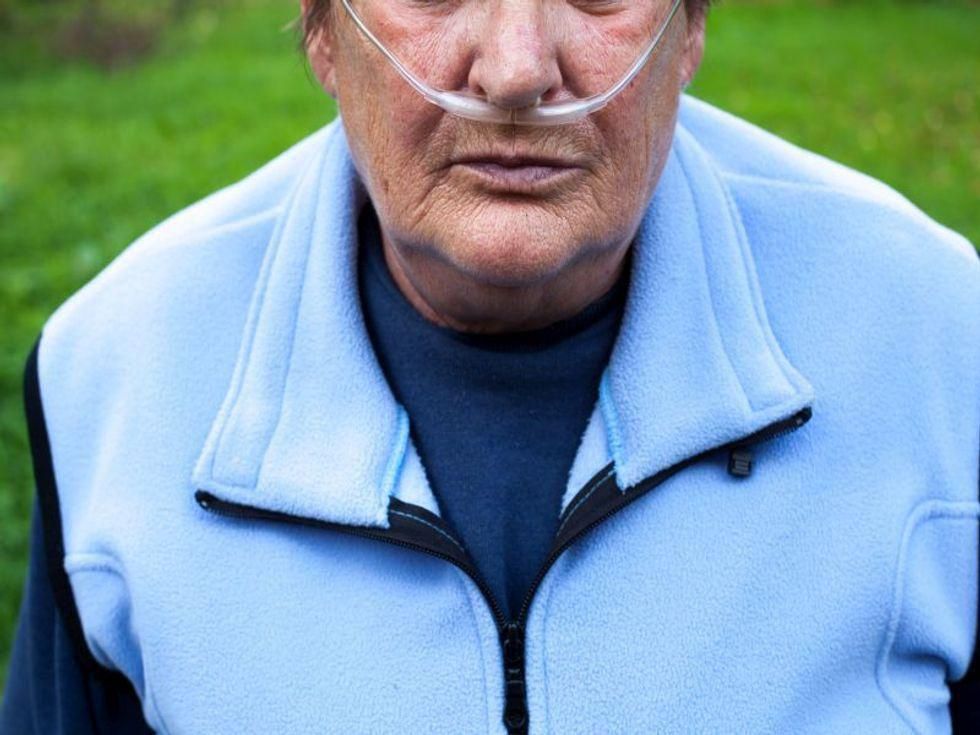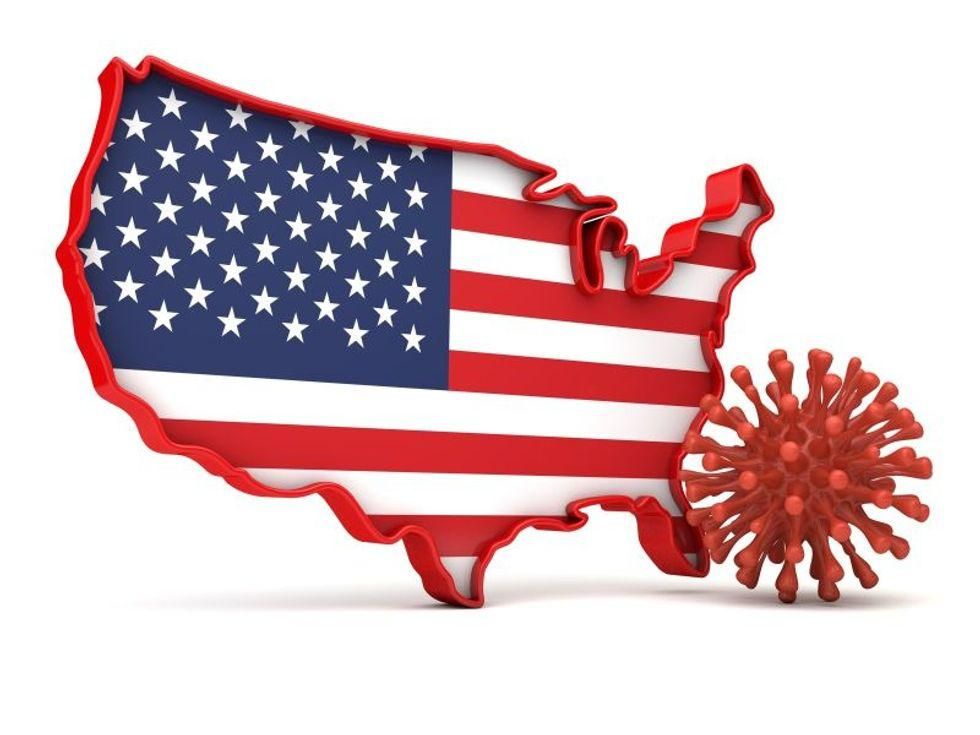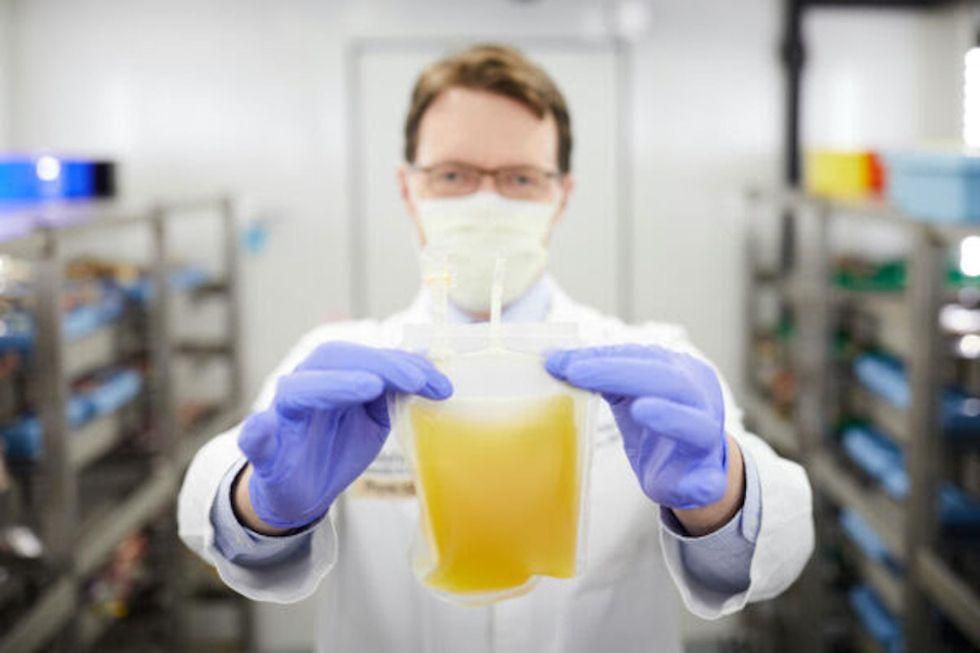
Giving COVID-19 survivors’ blood plasma to blood cancer patients hospitalized with COVID-19 significantly improves their chances of survival, a new study finds. “These results suggest that convalescent plasma may not only help COVID-19 patients with blood cancers whose immune systems are compromised, it may also help patients with other illnesses who have weakened antibody responses… read on > read on >











